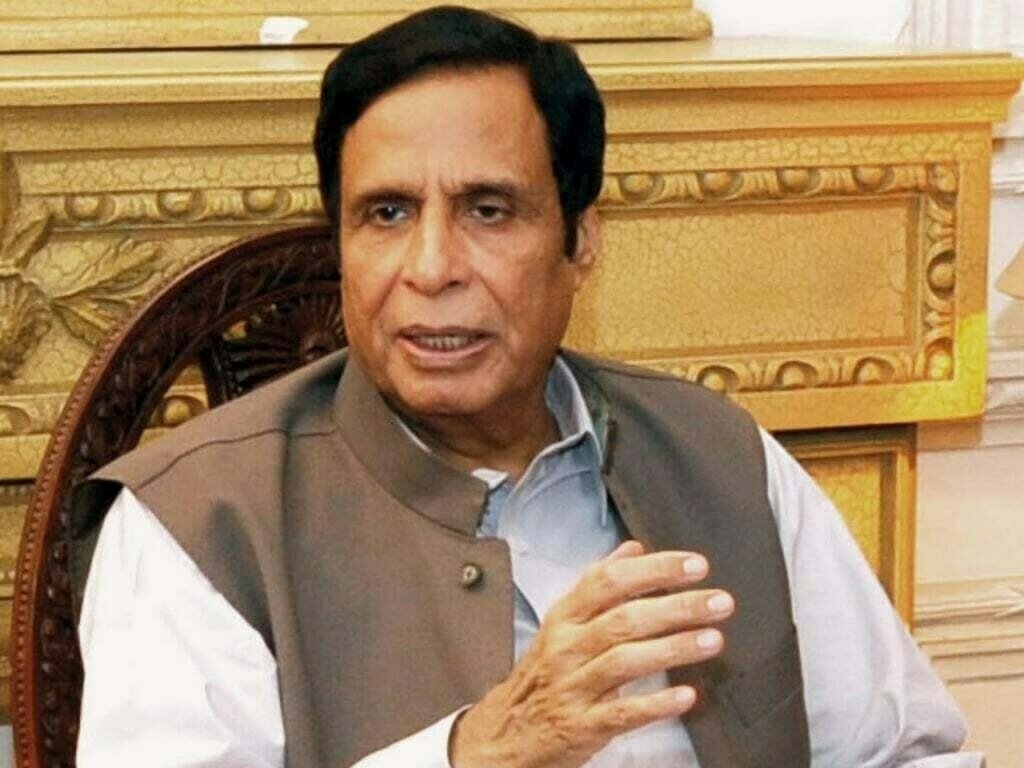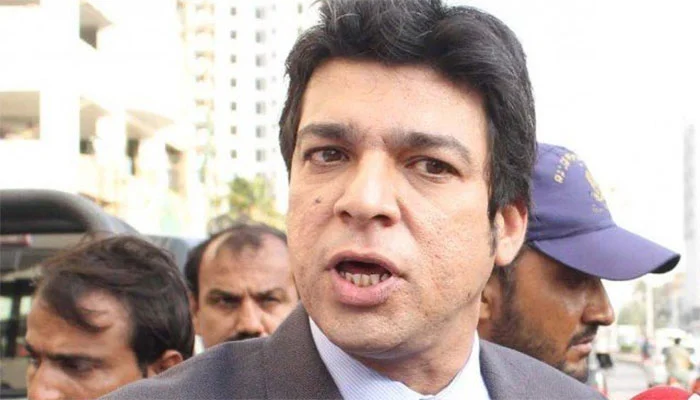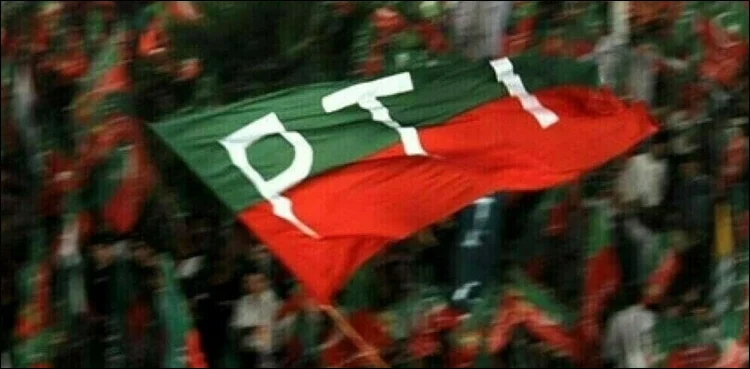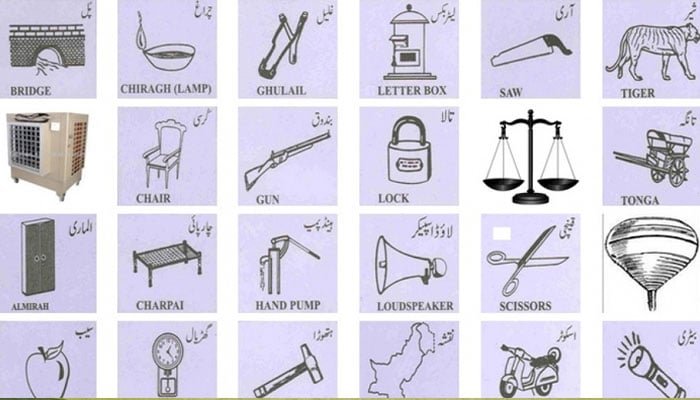The repeated arrests and releases of Chaudhry Pervez Elahi, the President of the Pakistan Tehreek-e-Insaf (PTI), are not uncommon in Pakistan’s political landscape. This story echoes a familiar narrative in Pakistani politics, where individuals often find themselves caught in the ebb and flow of power and influence. It underscores the enduring challenges facing Pakistan’s democracy, reminiscent of the country’s early years in 1958.
In October 1958, General Ayub Khan imposed martial law, and Chaudhry Pervez Elahi’s uncle, Chaudhry Zahoor Elahi, was the Chairman of the District Board in Gujarat. One day, military trucks arrived at Chaudhry Zahoor Elahi’s house in Gujarat, and they first demolished the walls and then arrested Chaudhry Pervez Elahi. He was subsequently charged with occupying 6 inches of municipal committee land, leading to a six-month imprisonment. This experience taught him that challenging the military government made political life in Pakistan extremely difficult.
After some time, Chaudhry Pervez Elahi joined the Convention Muslim League and recommended Zulfikar Ali Bhutto for the position of Secretary-General. Later, when Bhutto became Pakistan’s Prime Minister, Chaudhry Pervez Elahi opposed his government. He faced numerous cases in various police stations across Punjab and was often granted bail, only to be arrested again under the Maintenance of Public Order (MPO) regulations.
One day, he was arrested again on charges of buffalo theft, which was an unusual accusation. Later, the Lahore High Court granted him bail, but the police fabricated a new case, this time involving a stolen cow. Despite these ordeals, Chaudhry Pervez Elahi persevered in his political career.
Fast forward to 1977 when General Zia-ul-Haq imposed martial law. Chaudhry Pervez Elahi was in jail at the time, but he joined General Zia’s government upon his release, while other political figures like Ghulam Mustafa Khar and Maulana Maududi resisted the military regime.
The turning point came in 1981 when, while traveling in the same car, Chaudhry Pervez Elahi and Justice Maulvi Mushtaq Hussain were attacked. Although the intended target was Justice Mushtaq Hussain, Chaudhry Pervez Elahi tragically lost his life in the attack.
Following this incident, Chaudhry Manzoor Elahi took charge of the family and entered politics. Pervez and Shujaat’s political careers soared. They initially joined the Pakistan Muslim League (N), but differences with Shehbaz Sharif led them to leave and, in 2000, they formed the Pakistan Muslim League (Q). While they collaborated with General Pervez Musharraf initially, the relationship soured, and the Chaudhry brothers eventually sided with Asif Ali Zardari.
In March 2022, when a vote of no confidence was tabled against Prime Minister Imran Khan, Asif Ali Zardari nominated Shehbaz Sharif for the position of Prime Minister and Pervez Elahi for the Chief Minister of Punjab. However, this political maneuver resulted in a deepening rift between the Chaudhry brothers.
This turbulent political history has shown that the Pakistani Constitution has become a pawn in the hands of politicians, who use it to achieve their own goals. The recent arrests and legal battles faced by Chaudhry Pervez Elahi are reflective of this trend, as politicians continue to manipulate the system for their own interests.
To ensure Pakistan’s political stability and strengthen its democracy, there is a need for a concerted effort to uphold the rule of law and protect the Constitution from manipulation by those in power. The saga of Chaudhry Pervez Elahi and his family serves as a stark reminder of the challenges Pakistan faces in its journey towards a more stable and robust democracy.



